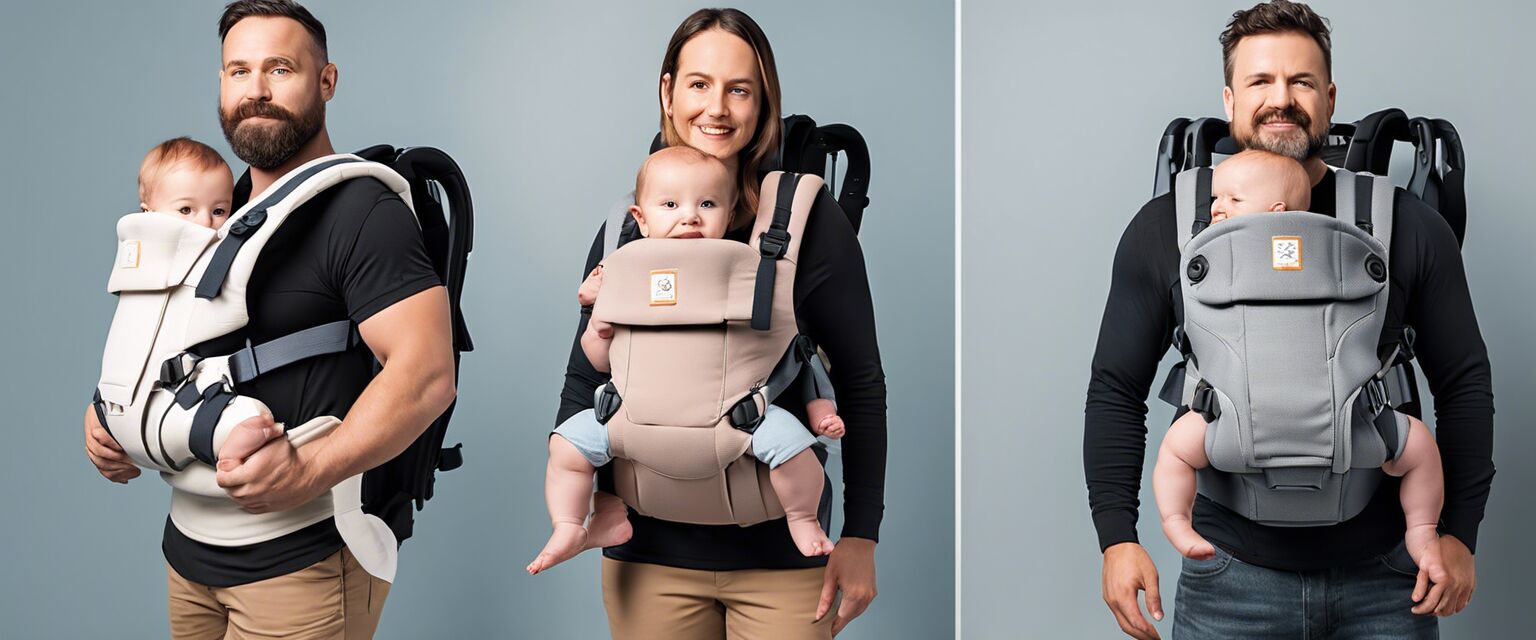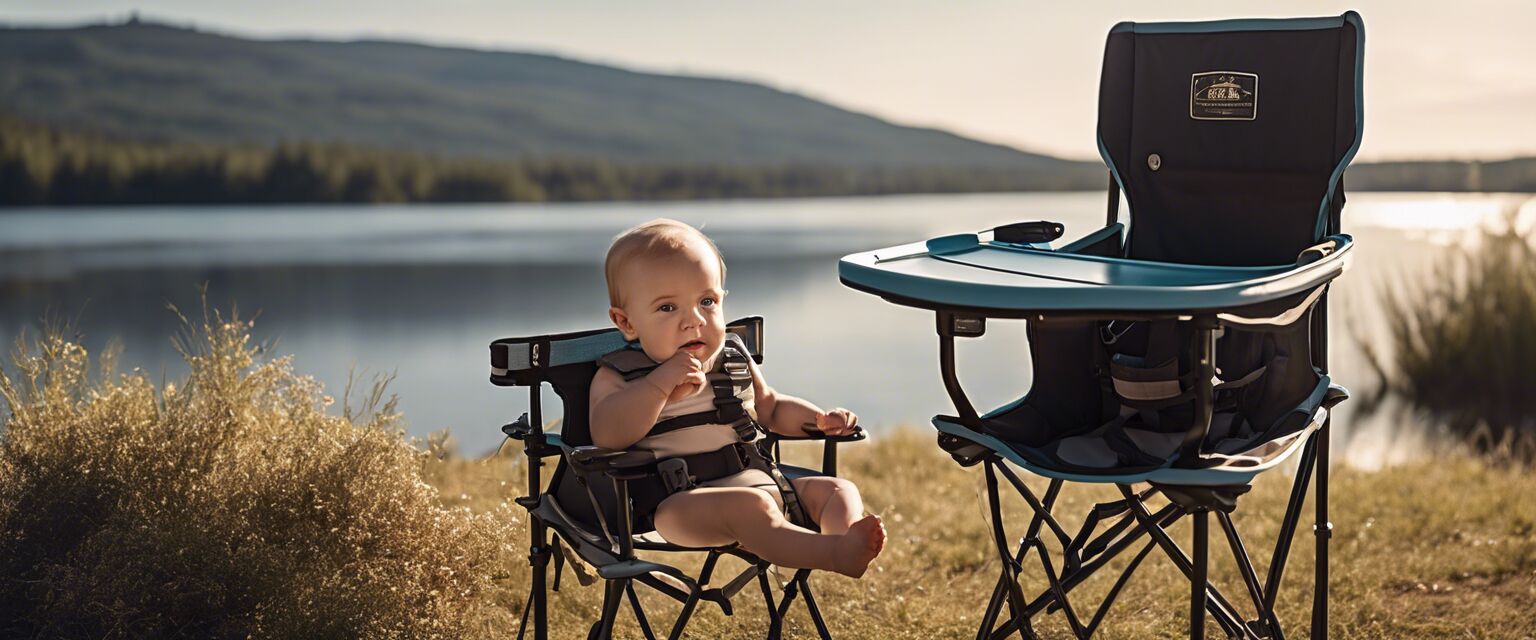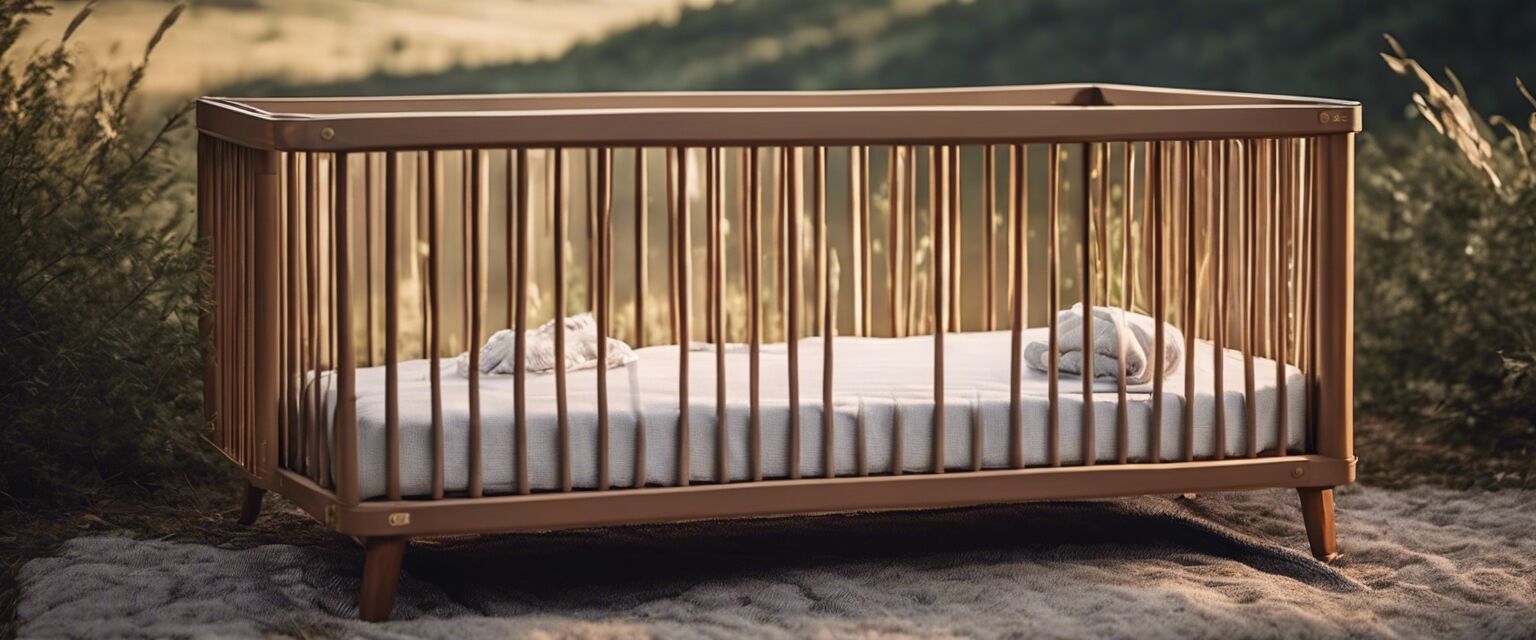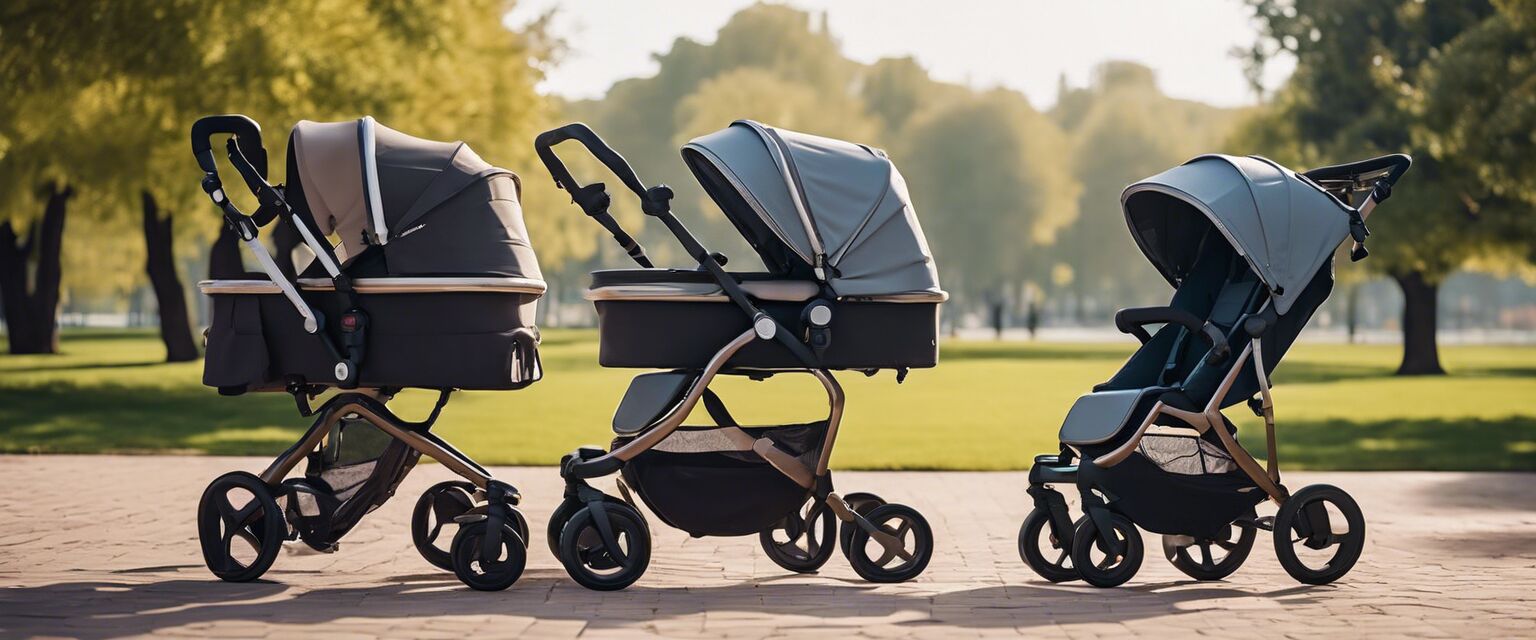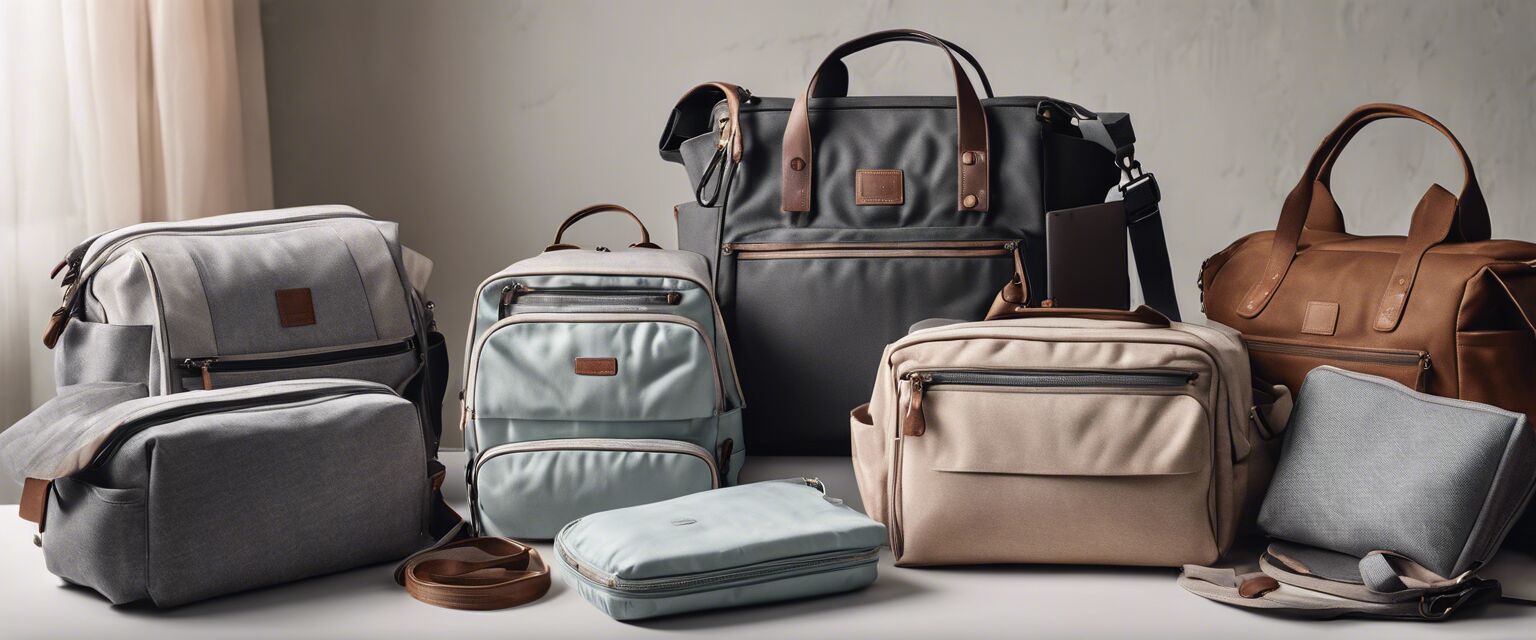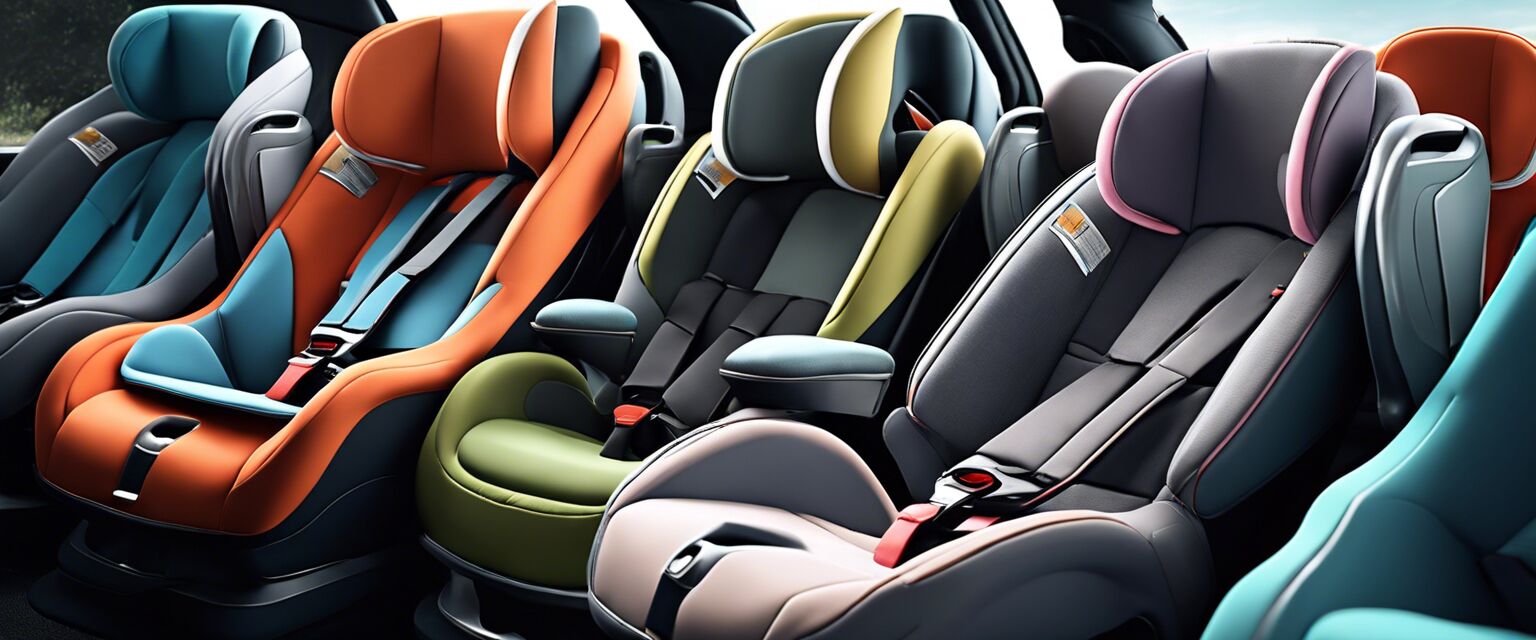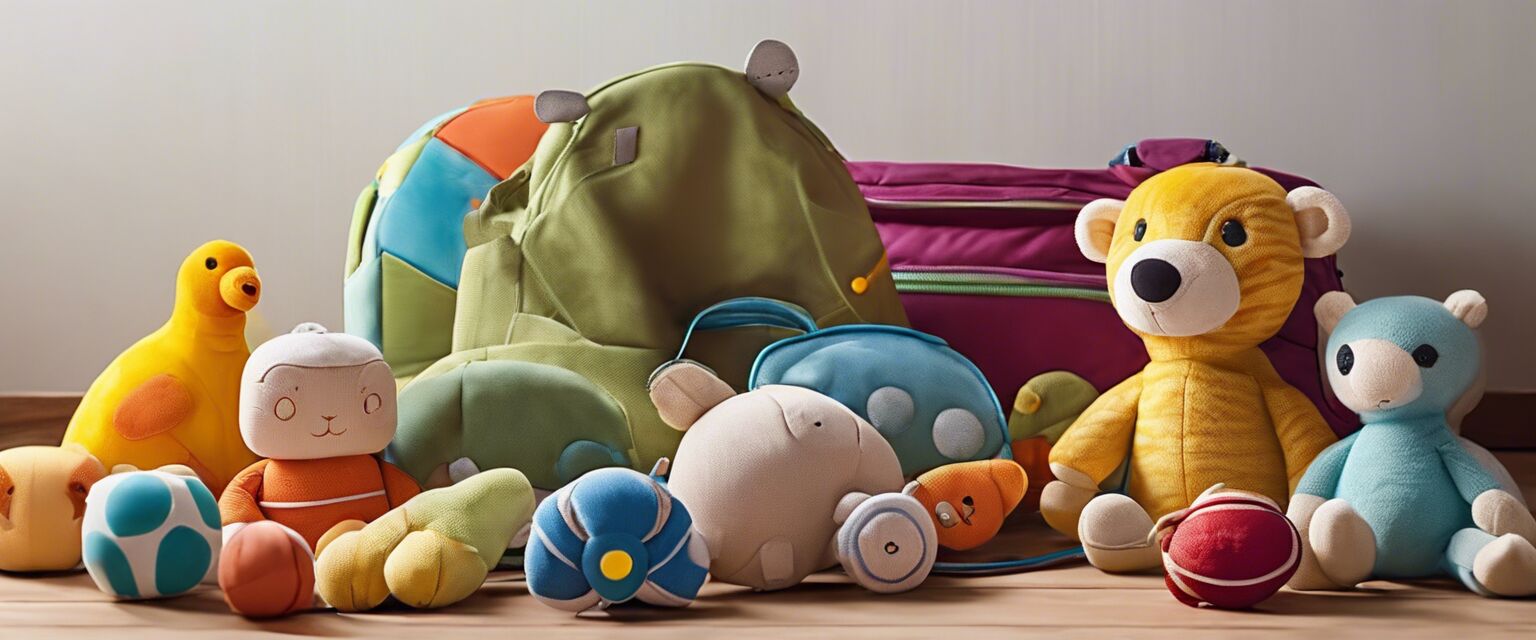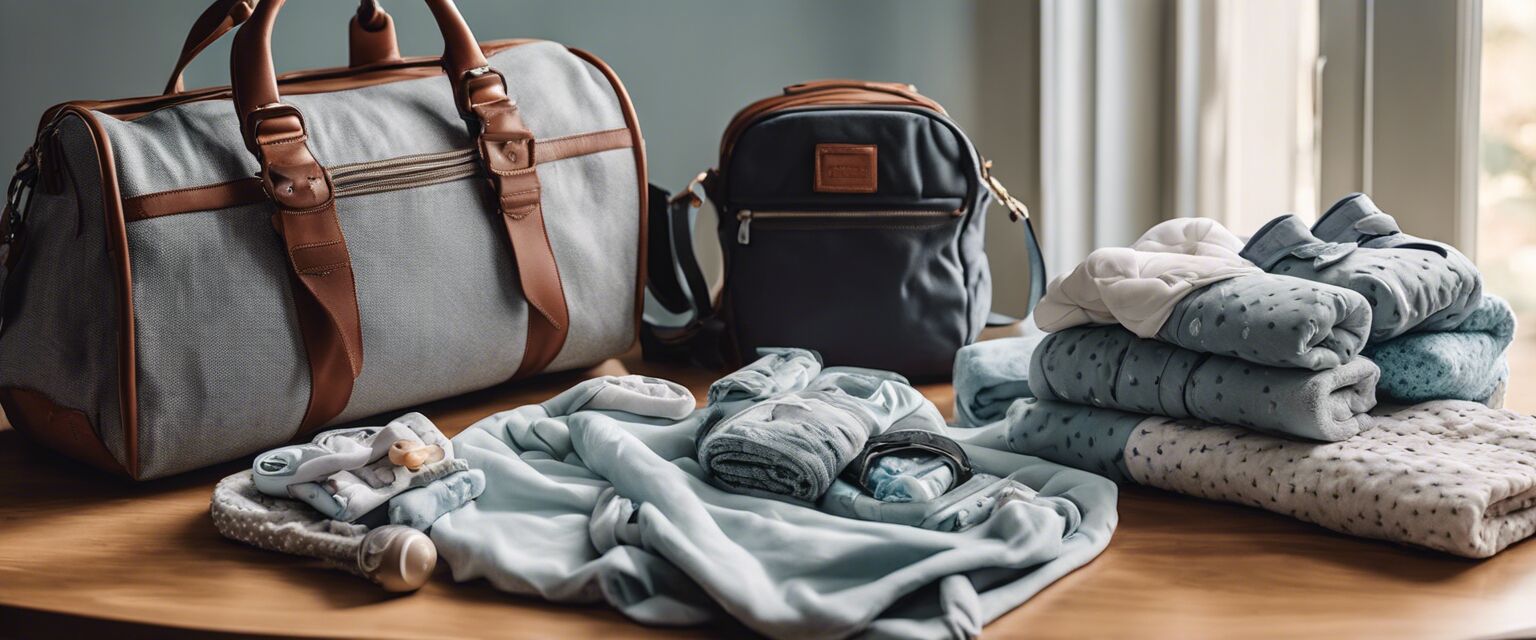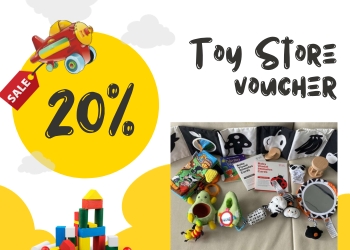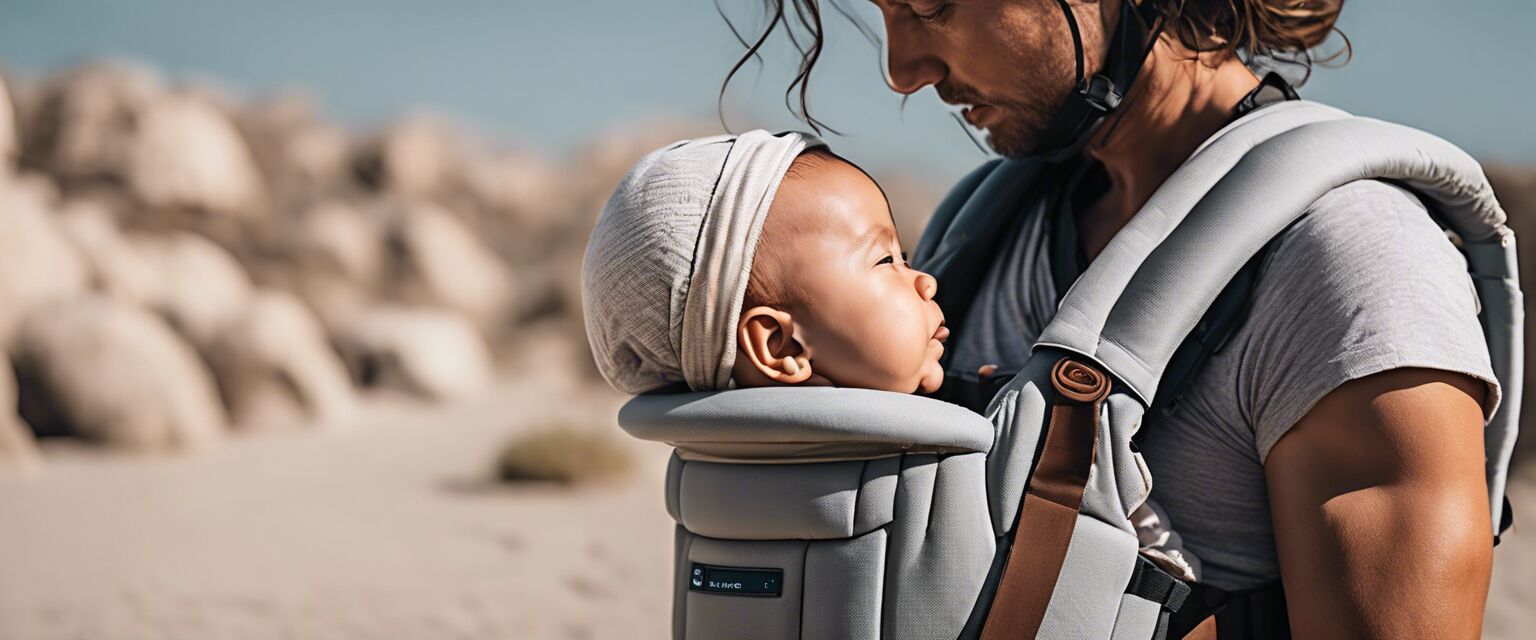
Baby carriers for travel
Key Takeaways
- Choose a baby carrier that offers ergonomic support for both the parent and the child.
- Look for lightweight materials that are easy to pack and carry.
- Consider the ease of use for quick on-and-off situations while traveling.
- Check for adjustable features to accommodate your child's growth.
- Prioritize safety features such as secure buckles and sturdy fabric.
Traveling with a baby can be both exciting and challenging. Finding the right baby carrier can make your travels much easier, allowing you to keep your hands free while ensuring your child is secure and comfortable. This guide provides a detailed overview of the best baby carriers for travel, including ergonomic and comfortable options that suit various needs.
What to look for in a travel baby carrier
When selecting a baby carrier for travel, consider the following features:
- Ergonomics: Select a carrier that distributes weight evenly to prevent strain.
- Weight: Lightweight carriers are easier to pack and carry.
- Portability: Look for carriers that can be folded or rolled up.
- Ease of use: Quick-release buckles and adjustable straps are essential.
- Safety features: Ensure it meets safety standards and has robust stitching.
Top types of baby carriers for travel
Baby carriers come in various styles, each suited for different travel needs. Here are some popular types:
| Type | Description | Best for |
|---|---|---|
| Soft Structured Carriers | These carriers have padded straps and a supportive waistband, offering ergonomic support. | Long walks and hikes. |
| Wraps | Long pieces of fabric that can be tied in various ways to securely hold your baby. | Infants and newborns. |
| Slings | A loop of fabric that allows for multiple carrying positions. | Quick trips and breastfeeding on the go. |
| Frame Carriers | Sturdy carriers with a frame, designed for older babies and toddlers. | Hiking and outdoor adventures. |
Soft structured carriers
Soft structured carriers (SSCs) are a popular choice among traveling parents due to their comfort and versatility. Here are some pros and cons:
Pros
- Ergonomic design for both baby and parent.
- Multiple carrying positions.
- Easy to adjust for different wearers.
Cons
- Can be bulkier compared to wraps.
- Some models may be pricier.
Wraps
Wraps provide a snug fit for infants and allow for various carrying styles. Here are the pros and cons:
Pros
- Customizable fit for every baby.
- Lightweight and compact.
- Great for breastfeeding discreetly.
Cons
- Can be challenging to tie correctly.
- May require practice to get comfortable.
Slings
Slings are perfect for quick trips and provide easy access for nursing. Here are the pros and cons:
Pros
- Easy to use and quick to put on.
- Ideal for on-the-go situations.
- Great for skin-to-skin contact.
Cons
- Not suitable for long periods of wear.
- Limited weight capacity.
Frame carriers
Frame carriers are designed for older babies and toddlers. Here's what you need to know:
Pros
- Sturdy and supportive for long hikes.
- Often come with storage options.
- Great visibility for the baby.
Cons
- Heavier and bulkier than other types.
- More expensive compared to soft structured carriers.
How to choose the right baby carrier for travel
Selecting the right carrier depends on your travel style and your baby's needs. Here are some tips:
Tips for beginners
- Test different carriers in-store if possible.
- Consider your baby’s age and weight.
- Think about where you’ll be traveling—urban vs. rural settings.
- Read reviews and ask for recommendations.
- Practice putting the carrier on at home before your trip.
Conclusion
Choosing the right baby carrier for travel can make all the difference in how comfortable and enjoyable your trip will be. Whether you prefer a soft structured carrier, a wrap, a sling, or a frame carrier, ensure that it meets your travel needs and provides the necessary support for both you and your baby. For more travel gear options, check out our Diaper bags & organizers, Strollers & accessories, and Travel cribs & beds sections.
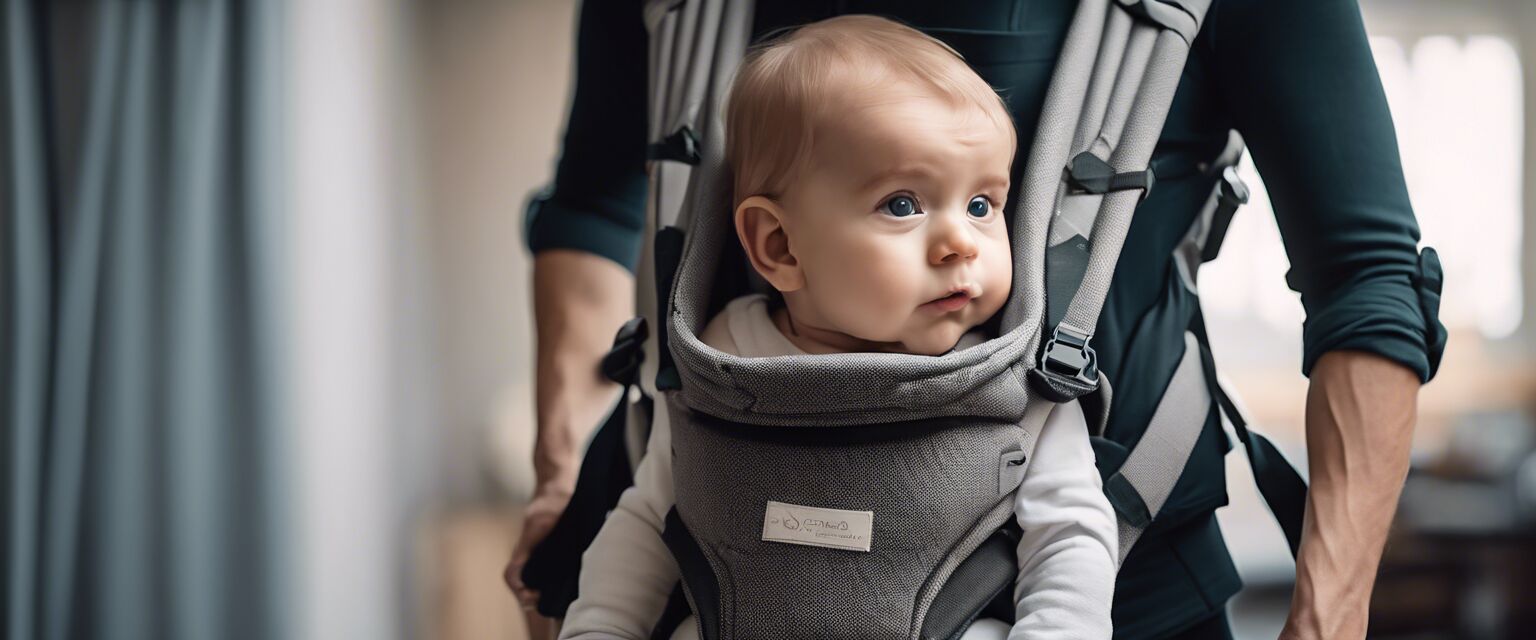
Frequently Asked Questions
- Can I use a baby carrier for air travel? Yes, it is recommended to check with your airline for their specific policies on baby carriers.
- Are baby carriers safe for newborns? Many carriers are designed specifically for newborns, but always check the manufacturer's guidelines.
- How long can I carry my baby in a carrier? It depends on your comfort and the carrier’s design; most parents can carry their child for several hours.
- Can I breastfeed in a baby carrier? Yes, many carriers allow for discreet breastfeeding while on the go.
- How do I clean my baby carrier? Follow the care instructions provided by the manufacturer, most are machine washable.
